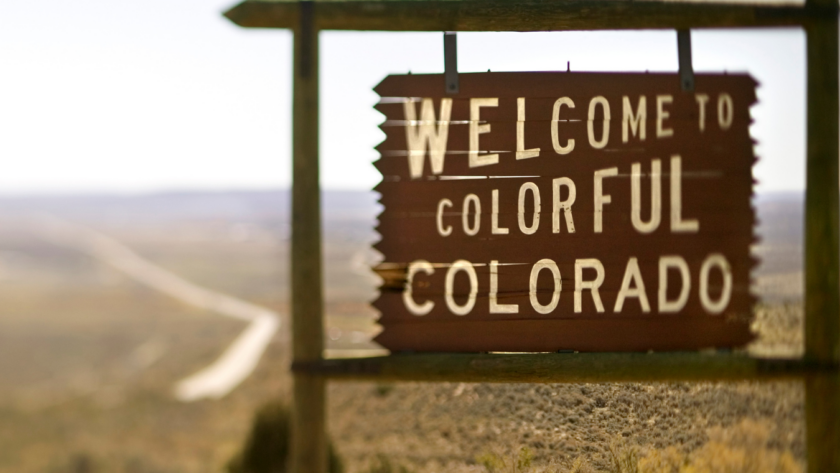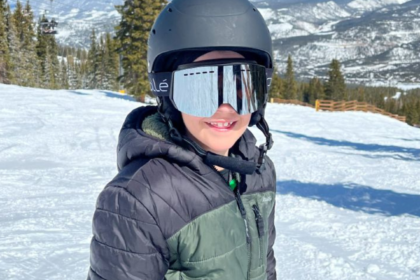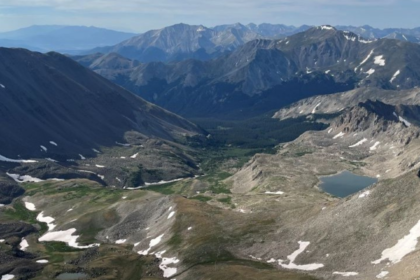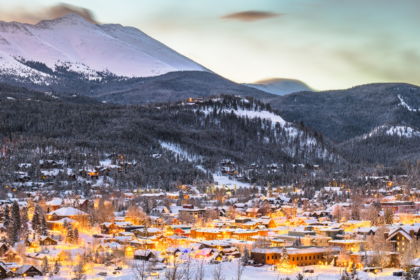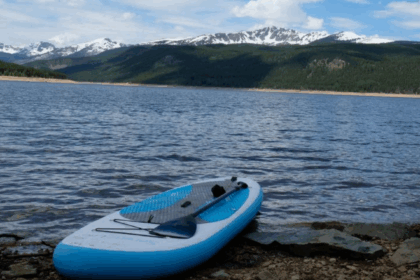Whether you are planning to relocate or just come for a visit to Colorado, don’t make the same mistakes as other rookies. These are the top mistakes I see people make (listed in no particular order) that can keep you from enjoying your time.
Underestimating Altitude
You may have heard that Colorado is at high altitude, but what exactly does that mean? With altitude, the higher in elevation you go, the lower the oxygen levels get. For people, this means that at high altitude the air is thinner, meaning there isn’t as much oxygen for your lungs. Denver sits at 5,280 feet, which is already a higher elevation than many people are accustomed to, and it gets much higher as you travel into the mountains.
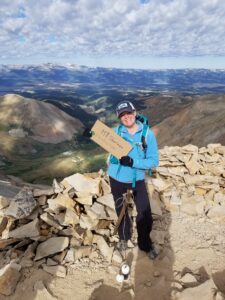
If you are visiting Colorado and don’t plan for the altitude, you could end up with altitude sickness. A very common symptom of altitude sickness is a headache. Other symptoms include light-headedness, fatigue, rapid heartbeat, and becoming winded easily. It can even cause vomiting or nausea. If your altitude sickness is severe, you might need to seek medical attention to resolve it.
Even though I have lived in Colorado most of my life, I have fallen victim to the dreaded altitude sickness and trust me, it is not fun! The most important way to avoid altitude sickness is to stay hydrated. Drink a lot of water. More than you think is necessary. Hydration drinks like Gatorade and Liquid IV (just add it to your water) are also good for balancing your electrolytes. Monitor your alcohol intake, especially because at high altitude, it is easier to feel the effects of alcohol. It is also a good idea to wait a day or two after getting to Colorado before tackling that 14er or any strenuous exercise to give yourself time to acclimate.
Not Planning for the Weather
There is a saying in Colorado, “If you don’t like the weather, wait five minutes.” The state is fortunate to have all four seasons – but what they don’t tell you is that you can experience all four seasons in the same day. Sixty degree days and sunshine is not uncommon in the winter, and especially in the mountains, the summer can bring unseasonably cold temperatures. Snow can happen anytime from September through May, and even June at some of the higher altitudes. If you are planning to be outside, be sure to pack accordingly. The best thing to do is dress in layers, especially if you are going to be out all day.
If you are hiking, be sure to have a rain jacket in your bag just in case you run into any afternoon storms. In the mountains in the summer, it is especially important to not only pay attention to the weather forecast, but to watch the sky for clouds building. You do not want to be caught on the top of a mountain in the middle of a sudden lightning storm. Make sure to be signed up for weather alerts or have a weather app that will notify you of lightning in the area. If you do get caught in a storm, seek shelter, and if you are above tree line, quickly move to lower ground.
Becoming a Victim of the Sun
With around 300 days of sunshine a year, if you are visiting Colorado, chances are good that you will enjoy time in the sun. And with the high altitude, the stronger the UV rays translate to sunburning faster. People who aren’t used to it can be unprepared for the intensity, especially in the winter (yes, you can get a sunburn skiing!). The bottom line is, if you are planning to spend any time outside, pack your sunscreen. Even if the forecast shows clouds for the whole day – you never know when the sun will make an appearance, and you don’t want to be caught off guard.
When you are recreating outdoors, be sure to pack these essential items:
- A hat
- Sunglasses
- Chapstick
- A UV shirt
Not Preparing for the Roads
Hopefully by now, you are starting to understand that weather plays a major factor in Colorado. This certainly applies to driving Colorado’s mountain passes, especially during the winter. What may start as a sunny drive can quickly turn windy, icy, and snowy, making the roads treacherous. It is not uncommon for major highways to be closed due to avalanches or because of an accident, and traffic at the Eisenhower Tunnel can even be closed for road metering, a traffic management technique that controls the flow of vehicles on roads. Even in the summer, traffic can cause an incredible amount of congestion on the roads and add 1+ hours to your trip.
A great travel resource is COtrip.org, which has live traffic cams across the state. The site also has information about road closings, weather conditions, and traffic. You can even download a free mobile app.
Especially if you are planning to visit the Colorado mountains in winter, make sure to be prepared:
- Check the weather before you leave and plan accordingly. Pay attention to weather alerts
- Have a full tank of gas.
- Keep an ice scraper in your car.
- Check your windshield washer fluid.
- Make sure your vehicle is equipped with all wheel or four wheel drive and/or snow tires.
- Pack an emergency kit that includes a first aid kit, a shovel, and a blanket. It never hurts to have extra clothes in the car in case you get stuck. If you travel in the mountains often, a tow rope is another great thing to have.
If you are caught in hazardous weather, take it slow. Better to arrive at your destination late than to not arrive at all!
Thinking that Moose is Your Friend
One of the great joys of Colorado is the opportunity to see wildlife in its natural setting. Moose, elk, deer, mountain goats, bighorn sheep, and bears are just a few of the animals you might be lucky enough to see. These sightings are awe-inspiring, but it is important that you take measures to prevent unwanted encounters.
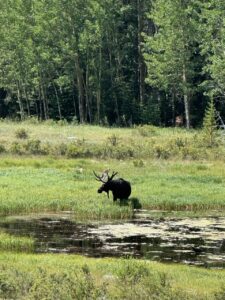
Wildlife that becomes desensitized to humans can cause harm to both humans and themselves. “Nuisance” animals may even need to be relocated, or in extreme circumstances, euthanized. We can all do our part to coexist and ensure that Colorado wildlife are protected.
If you do have an encounter with wildlife, remember the following:
- Watch or photograph animals from a safe distance to avoid startling them.
- Do not attempt to interact with an animal.
- If you do come too close to an animal, back away slowly while avoiding quick movements and direct eye contact.
- Never feed wildlife, and store food and trash securely. Carry out any garbage.
Find more wildlife safety tips from Colorado Parks and Wildlife.
Now that you know what not to do during your time in Colorado, be sure to read my 10 Reasons to Visit Colorado in the Summer!

